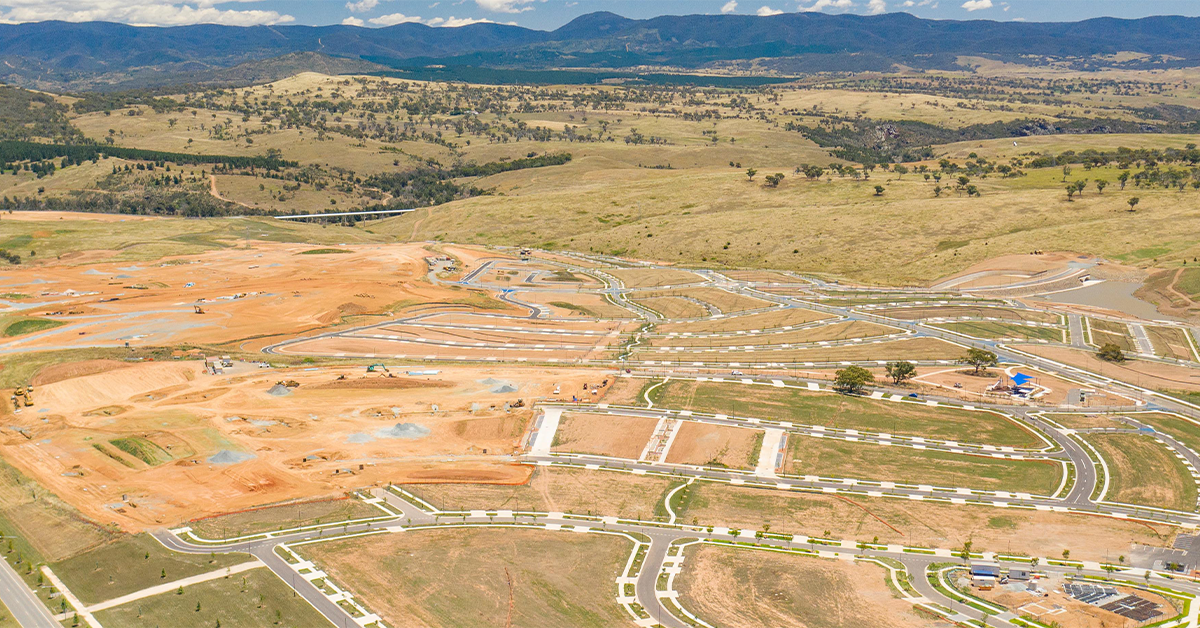- No products in the cart.
Reducing the cost of doing business key to driving infrastructure investment
March 29, 2023


The volume of engineering construction rose by 2.0 per cent during the December 2022 quarter and is 6.4 per cent higher than a year earlier, according to the ABS.
Master Builders Australia CEO Denita Wawn emphasised that the expansion was driven by public sector work, which rose by 4.9 per cent during the quarter and is now up by 10.3 per cent on a year ago.
“However, private sector engineering and construction work slipped by 0.2 per cent during the final quarter of 2022, indicating how rising inflationary pressures are affecting private investment decisions.
“Government-driven infrastructure work is currently providing crucial support to the liveability of our communities and our industry.
“Maintaining this brisk pace of public infrastructure expansion will help secure a stronger productivity performance across our economy over time.
“With population growth once again accelerating, the need for enough enabling infrastructure is only going to get greater and must be done in tandem with increased home building,” Ms Wawn said.
“The substantial pipeline of future government work is also acting as a safety net for our industry at a time when private sector demand is shaky in many areas.
“As today’s figures show, private sector demand is struggling. This is the result of sharp escalations in financing costs on top of some formidable challenges in the economic environment.
“Uncertainty about our economic prospects over the next few years is adding to a sense of reluctance among businesses when it comes to initiating major projects.
“Inflation is a hidden tax on everything. It makes people and businesses poorer by eating into our savings and making investments by business less attractive.
“It is particularly bad for construction because of the higher capital requirements for the work we do and how closely construction activity is tied to private sector investment decisions.
“To tackle these challenges head-on, we must look at fairer ways of sharing the risks between those paying for major projects and the businesses carrying out the work. We also need to reduce the cost of doing business by lightening the regulatory burdens and increasing the flexibility of our planning laws, as well as ensuring a flexible industrial relations system.
“We also need to avoid unnecessary restrictions on the way people work, including the right to be an independent contractor and for employers and employees to implement work arrangements that suit their needs,” said Ms Wawn.
Media contact: Dee Zegarac, National Director, Media & Public Affairs
0400 493 071 | dee.zegarac@masterbuilders.com.au

